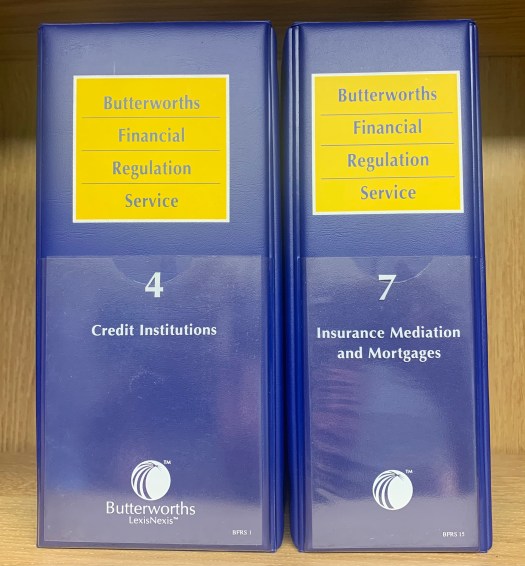Earlier today, on 5 June 2025, the FCA published a statement entitled ‘Key considerations in implementing a possible motor finance consumer redress scheme’.
The key points from the statement are:
– If the FCA proposes “an industry-wide consumer redress scheme“, it’ll set out rules on how to assess claims and calculate redress. The aim of the scheme would be to make it “easy for consumers to understand and participate in, without needing to use a claims management company (CMC) or law firm“.
– The FCA has been “speaking with consumer groups, firms and industry trade bodies to get their views on important issues to consider if we do introduce a redress scheme“. If the FCA decides to propose a redress scheme, it’ll consult on why and explain how it thinks a scheme could work.
– Given the pre-consultation engagement, the FCA “may decide to have a shorter than normal consultation window (for example, 6 weeks)“.
– There will be seven key principles:
(1) comprehensiveness: the scheme should be as wide “as possible so consumers don’t have to go elsewhere, like court“;
(2) fairness: the approach (both on breach and redress) should be “fair to consumers and firms“;
(3) certainty: providing finality for both firms and consumers;
(4) simplicity and cost effectiveness: easy for consumers to participate and the cost of delivering the scheme should be proportionate for firms;
(5) timeliness: resolve the majority of claims “within a reasonable timeframe“;
(6) transparency: consumers should receive clear explanations of decisions and data on the progress of the scheme should be publicly available; and
(7) market integrity: support the ongoing, long-term availability of high quality, competitively-priced motor finance.
– The FCA acknowledges that there can be tensions between these principles and it will aim to get the balance right.
– Scope of a redress scheme: some features to consider are: (a) opt-in or opt out and (b) calculating redress must be “fair to consumers who’ve lost out” and “ensure the integrity of the motor finance market” (and the FCA acknowledges it has seen some “highly speculative figures by some CMCs and law firms“)
– The FCA continues to say that it’ll “confirm within 6 weeks of the Supreme Court judgment whether we’re proposing to introduce a redress scheme. If so, we’ll also set out timings for when we would issue a consultation“.
– If the FCA proposes to introduce a scheme, the final rules for any scheme would “be in 2026“. The FCA is also keeping under review whether to make any changes to its Handbook.



